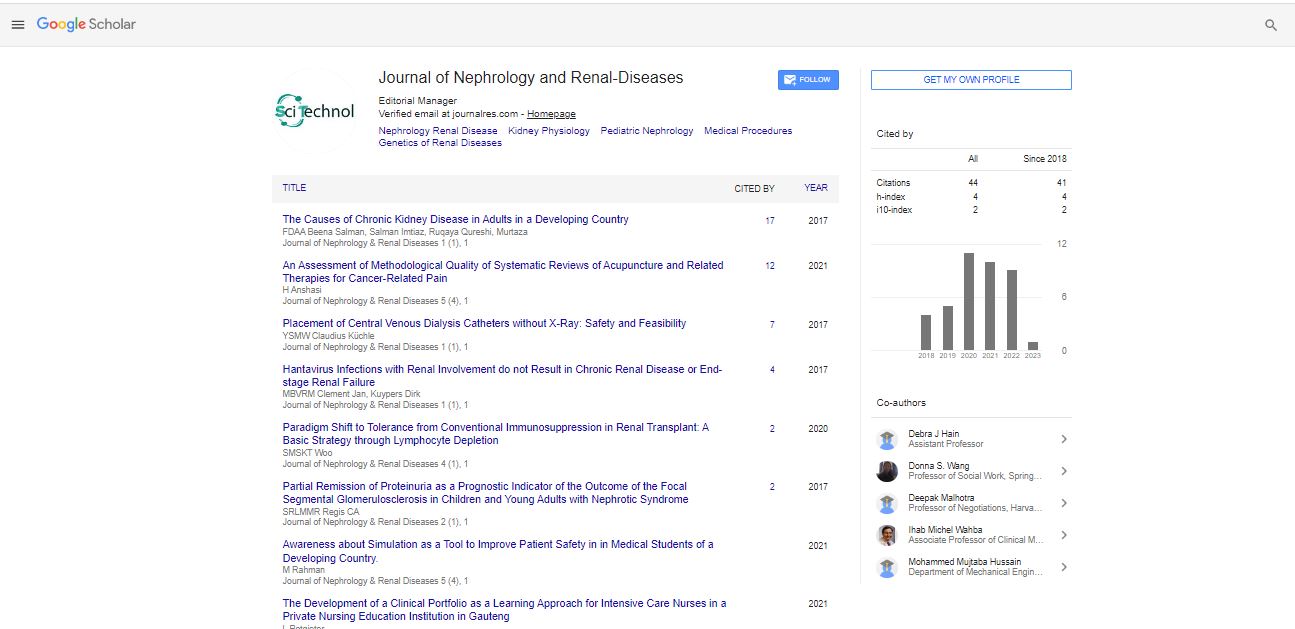The decline of the prevalence of cancers during organism senescence
Alvaro Macieira-Coelho
French National Institute of Health, France
: J Nephrol Ren Dis
Abstract
In general the scientific literature reports that aging favors the development of cancers. Each type of cancer however, initiates and evolves differently and their natural history can start way back at earlier ages before their clinical manifestations. The incidence of cancers is spread through the human life span; it is the result of pre- and post-natal aggressions, individual susceptibility, and developmental changes that evolve continuously from the beginning to the end. Finally during human senescence the incidence declines for all cancers. Frequently the progression of cancers is also slower in the old. There are several possible explanations for this decline at the tissue, cellular, and molecular levels. It is time to ask why some tumors are characteristic of the young, others of maturity, others of the time of the decline of the reproductive period, and finally why the incidence of cancers declines late during senescence of the human organism. These questions should be answered before the origin of cancers can be understood.
Biography
E-mail: macieiracoelho@gmail.com
 Spanish
Spanish  Chinese
Chinese  Russian
Russian  German
German  French
French  Japanese
Japanese  Portuguese
Portuguese  Hindi
Hindi 
